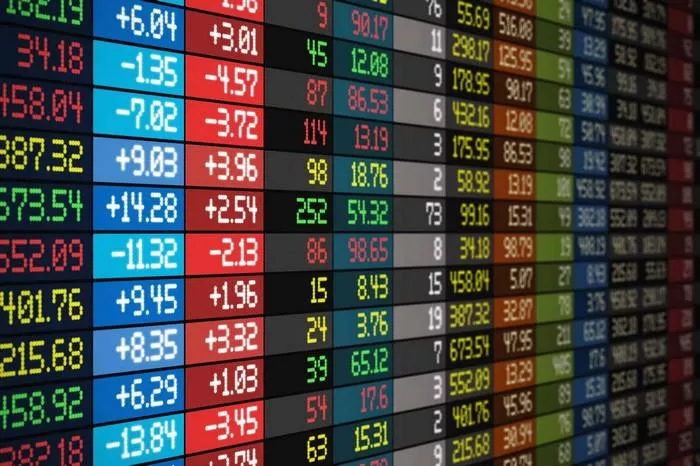Asian stocks rose, led by a surge in Chinese technology shares following Alibaba Group Holding Ltd.’s announcement of its fastest revenue growth in over a year, fueling optimism in the sector. Equities in Hong Kong and mainland China advanced, tracking the rise in U.S.-listed Chinese shares, while Japan’s stock market rebounded from an early dip. Meanwhile, a gauge of the U.S. dollar’s strength climbed.
Despite persistent concerns over geopolitical tensions and escalating tariffs, Alibaba and other Chinese tech stocks have rallied recently, driven by excitement over DeepSeek’s artificial intelligence advancements. As a result, Asian markets are set to achieve their sixth consecutive weekly gain, marking the longest winning streak in nearly a year.
Chris Weston, head of research at Pepperstone Group in Melbourne, noted, “Alibaba’s strong earnings fully justify the recent shift in capital from concentrated U.S. tech stocks toward Chinese AI-focused companies.”
In Japan, the yen strengthened past the key 150 level late Thursday, reaching its highest point since December. This movement was driven by expectations that the Bank of Japan may raise interest rates sooner than anticipated. Traders are now pricing in an 84% chance of a 25 basis point rate hike in July, up from 70% at the start of the month, according to Bloomberg data.
January inflation data from Japan showed a 3.2% year-on-year rise in consumer prices, excluding fresh food—the highest increase since June 2023. The yen briefly weakened back past 150 per dollar in Friday trading.
Carol Kong, a strategist at Commonwealth Bank of Australia, remarked, “The CPI data, combined with recent Q4 GDP and wage numbers, supports the recent uptick in expectations for a Bank of Japan rate hike. USD/JPY may reach our end-March target of 149 sooner than anticipated.”
In the U.S., the S&P 500 dropped 0.4% on Thursday, weighed down by Walmart Inc.’s disappointing earnings and a broader retail slowdown. This followed weak retail sales data, indicating a shift in consumer spending. Bank stocks also struggled, with JPMorgan Chase & Co. and Goldman Sachs Group Inc. each falling over 3.8%.
U.S. Treasury yields remained relatively unchanged in Asia, with 10-year yields dipping by three basis points to 4.51% in New York. Treasury Secretary Scott Bessent stated that any decision to increase the share of long-term Treasuries in government debt issuance would be delayed, citing hurdles such as elevated inflation and the Federal Reserve’s quantitative tightening program.
In Australia, the central bank is closely monitoring the labor market, with Governor Michele Bullock noting that ongoing tightness may signal a stronger economy. She emphasized that policymakers are not committed to any specific path for interest rates at this stage.
In the commodities market, oil is poised for its largest weekly gain since January due to rising supply uncertainties. Meanwhile, gold held steady after hitting a new record high.
Related topics:
AppLovin Stock Soars After Q4 Earnings Beat: What Should Investors Do Now?
European Stocks Surge After Trump Signals Potential Ukraine Peace Talks
Iron Mountain Shares Drop Over 7% After Q4 Earnings Miss Expectations


